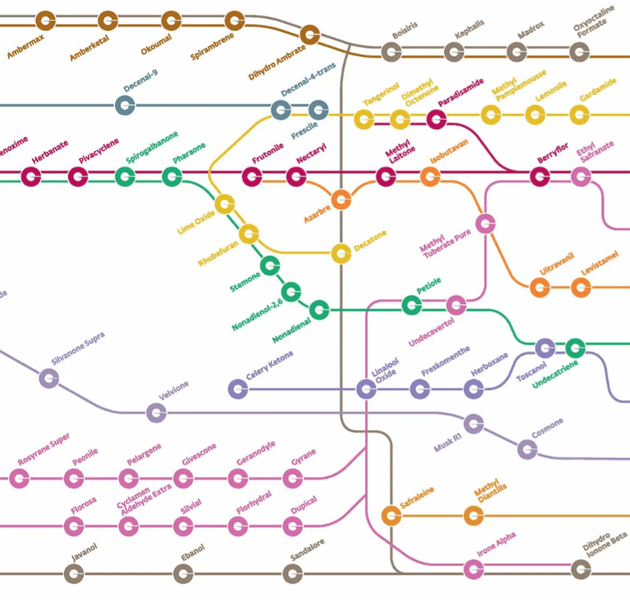Sublime
An inspiration engine for ideas
I want the full effect of me
Reaction
Reaction
It's what makes me feel alive
It's what makes me feel alive
It's what makes me wanna go on
It's what makes me spy on myself
Reaction
All our reactions to people, to situations, to thoughts in our mind—are actually reactions to the kind of sensations that are arising in our body.
Tara Brach • Radical Acceptance
the difference between an exergonic and an endergonic reaction.
Sönke Ahrens • How to Take Smart Notes: One Simple Technique to Boost Writing, Learning and Thinking – for Students, Academics and Nonfiction Book Writers
There are two reasons why this reaction may have biological importance. The first is that it can take place naturally, giving rise to abiotically originated hydrocarbons; the second is that the products of oxidation of alkanes can give origin to fatty acids, which are considered prebiotic membrane-forming agents.
Pier Luigi Luisi • The Emergence of Life: From Chemical Origins to Synthetic Biology
Metabolisms are made up of hundreds of chemical reactions. Each reaction may be relatively simple: an enzyme may do nothing more than pull a hydrogen atom off a molecule, for instance. But that molecule is then ready to be grabbed by another enzyme that will rework it in another way, and so on through a chain of reactions that can become hideously
... See moreCarl Zimmer • Microcosm: E. coli and the New Science of Life
You may remember from school the difference between an exergonic and an endergonic reaction. In the first case, you constantly need to add energy to keep the process going. In the second case, the reaction, once triggered, continues by itself and even releases energy.
Sönke Ahrens • How to Take Smart Notes: One Simple Technique to Boost Writing, Learning and Thinking
In the body, there is no such thing as a ‘bio-chemical reaction’, there are only ‘electro-bio-chemical reactions’.
Carly Nuday PhD • Water Codes
In the simplest terms, the equation shows us that higher temperatures lead to faster reaction rates because the molecules of the reactants involved have more energy.
Shane Parrish • The Great Mental Models Volume 2: Physics, Chemistry and Biology
